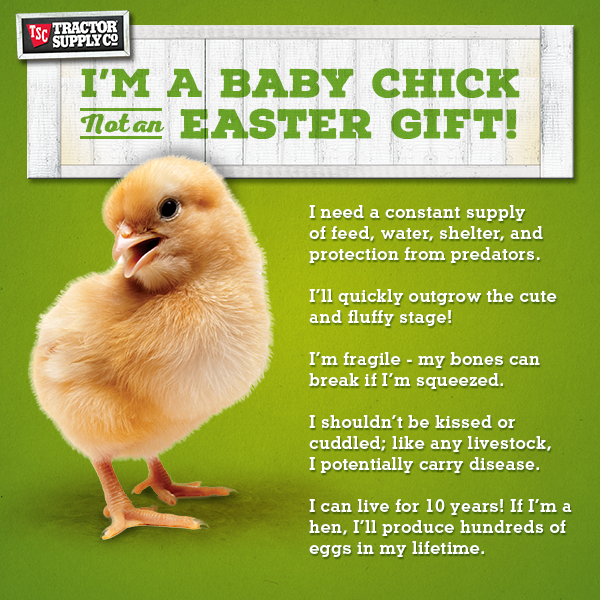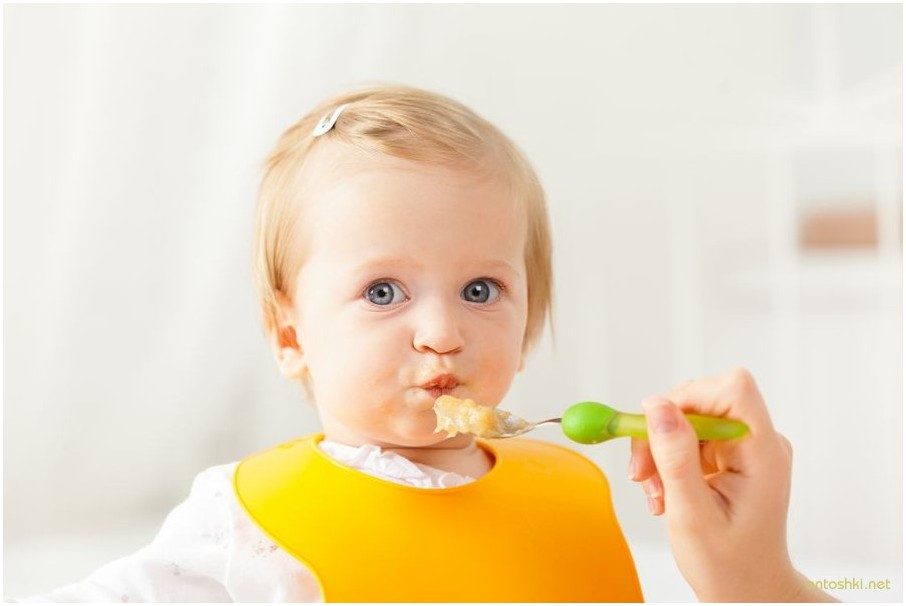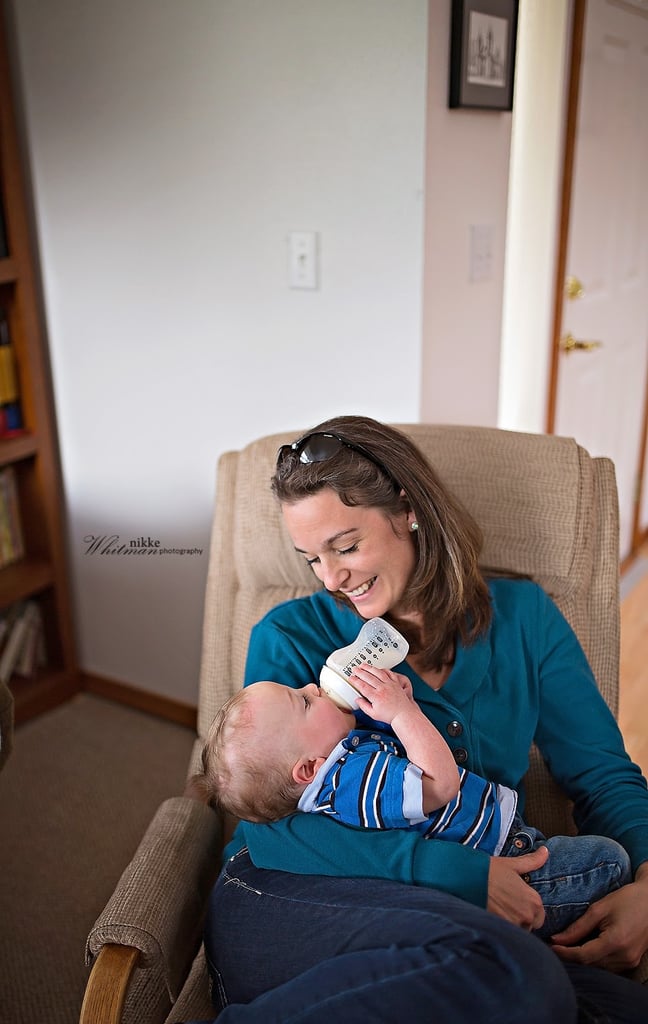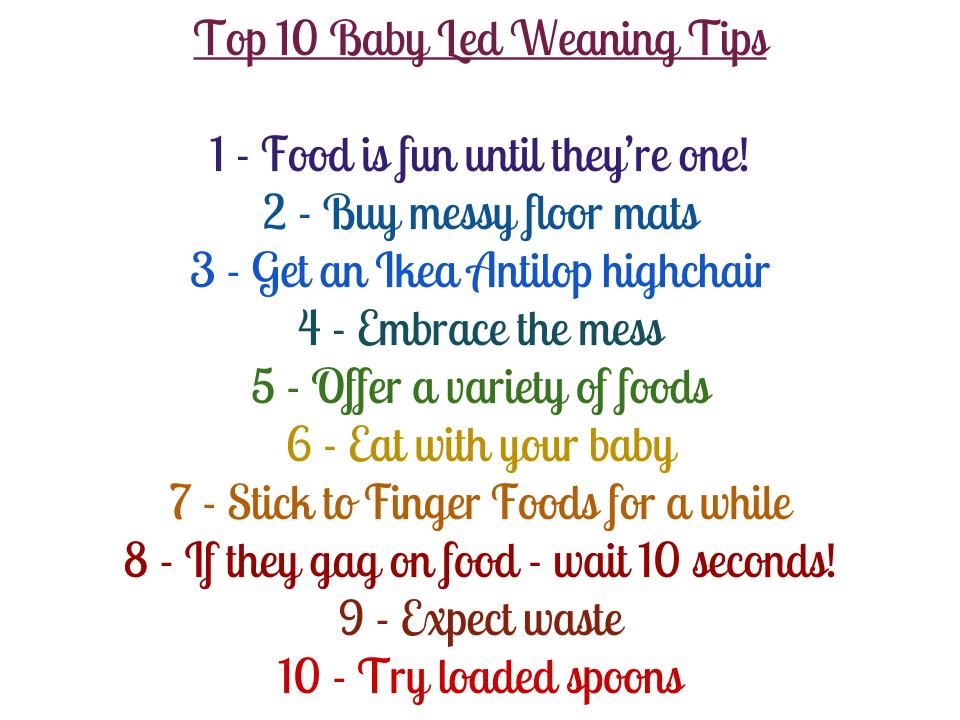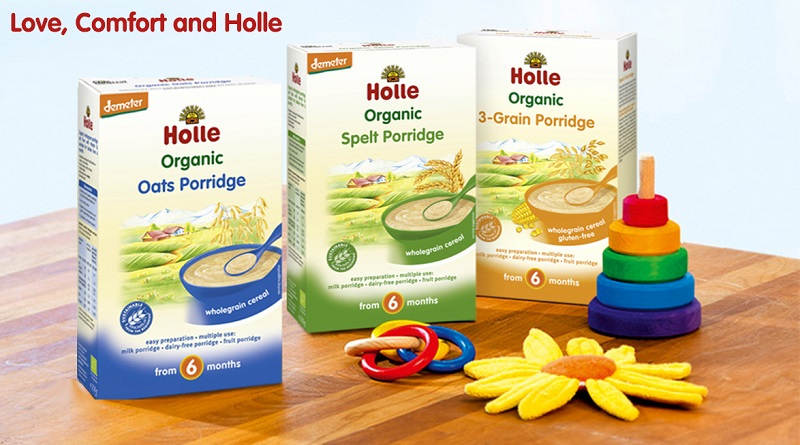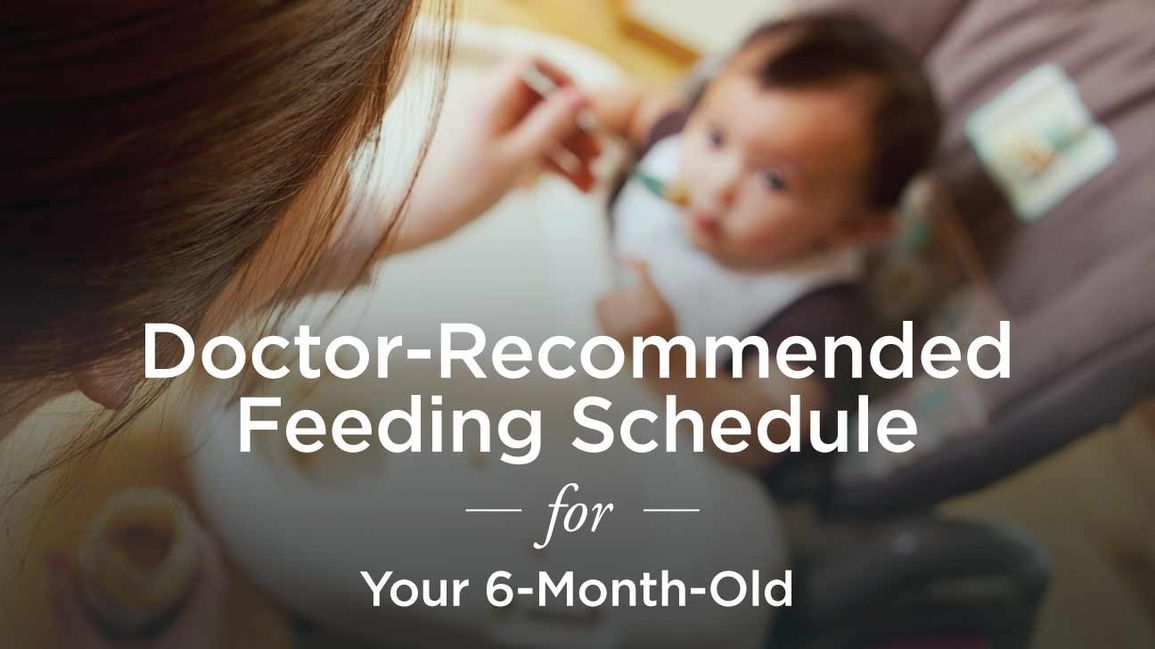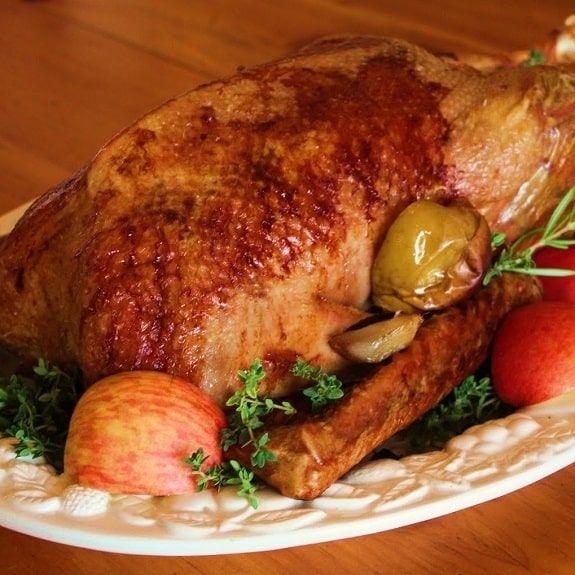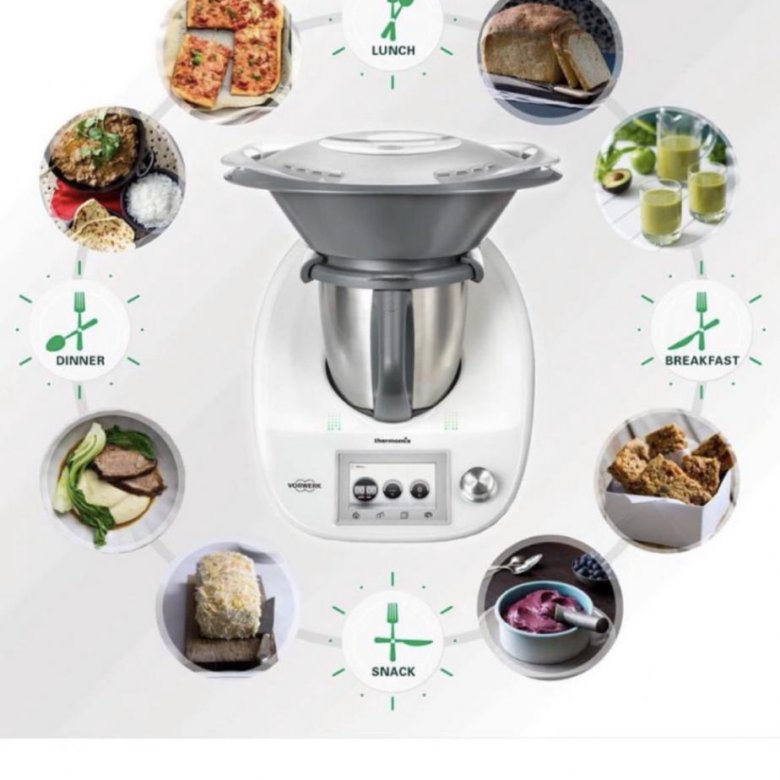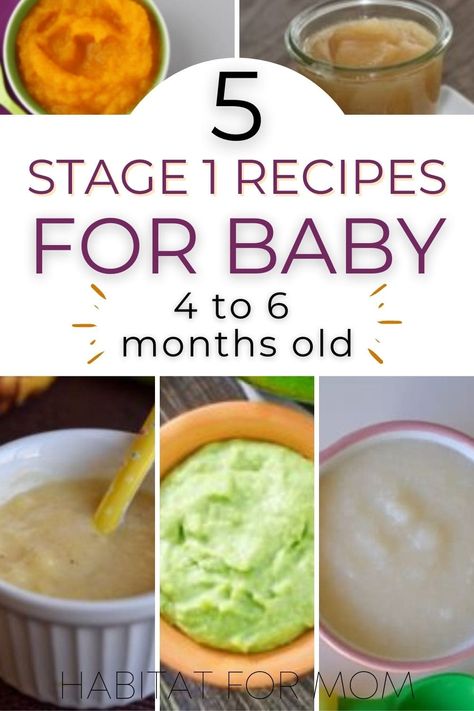What to feed baby chicks naturally
What Do Baby Chicks Eat? Complete Guide to Feeding Baby Chickens
Raising chicks is a wonderful experience. Little chicks are cute balls of fluff and they are adorable to watch. And fortunately, feeding baby chicks is easy if you follow our simple guide.
Whether you incubated eggs, purchased day-old chicks or set eggs under a mother hen, our 10 essential tips will ensure your chicks have all of the nutrients that they need to grow and thrive.
1. Baby chicks don’t need to eat straight away
Chicks don’t need feed and water until about 24 hours after hatching.
Baby chickens are precocial – this means that they are born with feathers and are able to walk within a few hours of hatching. In the egg, chicks absorb the egg yolk which provides them with nutrients for 24-72 hours. This is the reason why day-old chicks can be shipped from hatcheries.
Because newly-hatched chicks have recently absorbed the egg yolk, they do not need to eat or drink for at least 24 hours.
If you are incubating eggs, the chicks should stay in the incubator until they are completely dry. Once the chicks are removed to the brooder, you should provide feed and water. If you set eggs under a hen, she will show her chicks the food when it is time for them to eat.
2. Chicks are not born knowing how to eat or drink
Although chicks are able to walk soon after hatching, they are not born knowing how to eat or drink. In the wild, their mother would show them. If you are raising the chicks yourself, you need to show them how to eat and drink.
Until they learn what food is, the answer to ‘What do baby chicks eat?’ is everything. That includes brooder bedding, which is why a plain floor surface such as newspaper should be used for the first few days. Never put any non-food item in the brooder that your new chicks could eat.
New chicks will peck at anything that looks like food, from newsprint to your fingers.
How to teach your baby chicks to eat:
Scatter feed over the brooder floor and tap the feed with your fingernail to call the chicks over and encourage them to peck. This is similar to what a mother hen will do to show her chicks where food is.
This is similar to what a mother hen will do to show her chicks where food is.
Once your chicks are eating consistently, move the feed to a dedicated feeder in order to limit contamination with faeces and prevent disease. Contaminated feed should always be removed.
How to teach your chicks to drink:Gently dip the tip of their beak into the waterer. Do this for each chick individually. Once one chick gets the idea, others will follow. However, you may need to repeat the process several times before your chicks learn to drink alone.
Watch your chicks carefully for the first few days. Even once most of the chicks have gotten the hang of eating and drinking, there may be one or two that require further instruction.
3. Choosing the best chick feed
Feed for baby chicks is called a chick starter. Usually chick starters come as a crumble, which is a smaller size than adult chicken feed. Crumbles are better for little beaks!
A chick starter is designed to provide everything that chicks need to thrive and grow.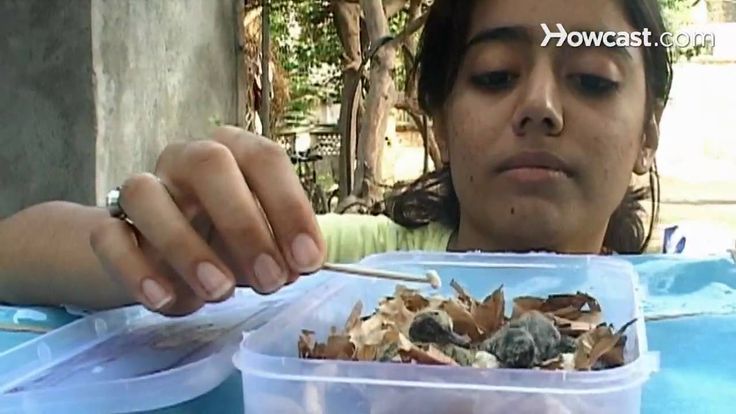 Premium chick starters like Country Heritage and Laucke Mills have been designed by poultry nutritionists to provide a complete and balanced diet.
Premium chick starters like Country Heritage and Laucke Mills have been designed by poultry nutritionists to provide a complete and balanced diet.
Choosing a top-quality chick feed will ensure your little chicks grow into healthy, productive hens. You should give your chicks unlimited access to their chick starter during the day.
Dine a Chook recommends:
4. Medicated versus unmedicated chick starter
Chick starters can be medicated or unmedicated. It is important to choose the right option for your chicks.
The term “medicated” refers to a coccidiostat, which is a medication that helps prevent coccidiosis. Coccidiosis is a common chicken disease caused by the coccidia parasite. Coccidia are found everywhere, and all chickens carry them. A healthy adult bird can cope with coccidia infection, but coccidiosis in chicks is often fatal. Chicks need to build up their immunity and a coccidiostat helps them do just that.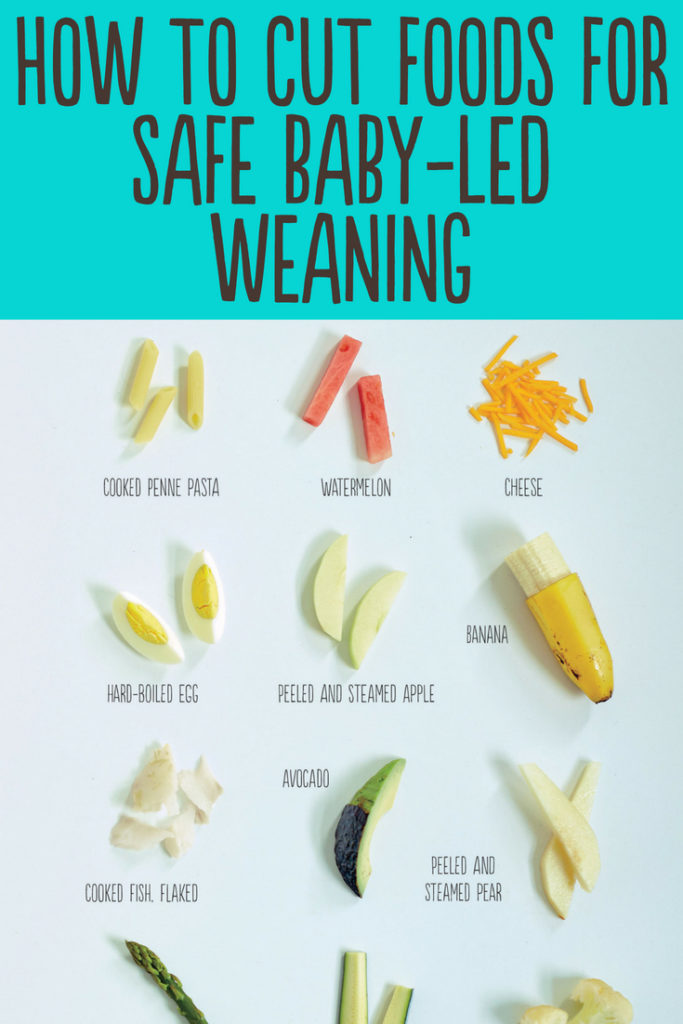
Medicated chick feed
- Contains a low-dose coccidiostat such as amprolium
- Should never be fed to chicks that have been vaccinated against coccidiosis, as the medication and vaccine cancel each other out
- Should never be fed to adult laying hens where you are consuming the eggs
Unmedicated chick feed
- Does not contain a coccidiostat
- Is suitable for chicks that have been vaccinated for coccidiosis
- Leaves chicks more vulnerable to coccidiosis
- May be more suitable if adult laying hens are able to steal the chicks’ feed
5. The dangers of homemade feed
Some websites suggest that you can safely feed chicks on a range of scraps and grain, or that you should make your own chick starter.
Making your own chicken feed for baby chicks is dangerous because:
- Nutritional deficiencies can cause illness and death
- Chicks are extra-vulnerable to nutritional deficiencies
- Without a complete and balanced diet, chicks will fail to thrive and grow
- A poor diet as a chick affects the health and productivity of a chicken for its whole life
- The protein, energy, carbohydrate, vitamin and mineral content of all feed components must be carefully balanced to create a complete diet, which is hard to do on a home-scale
Chick starters are developed by qualified poultry nutritionists and carefully balanced to ensure they contain absolutely everything your chicks need to thrive.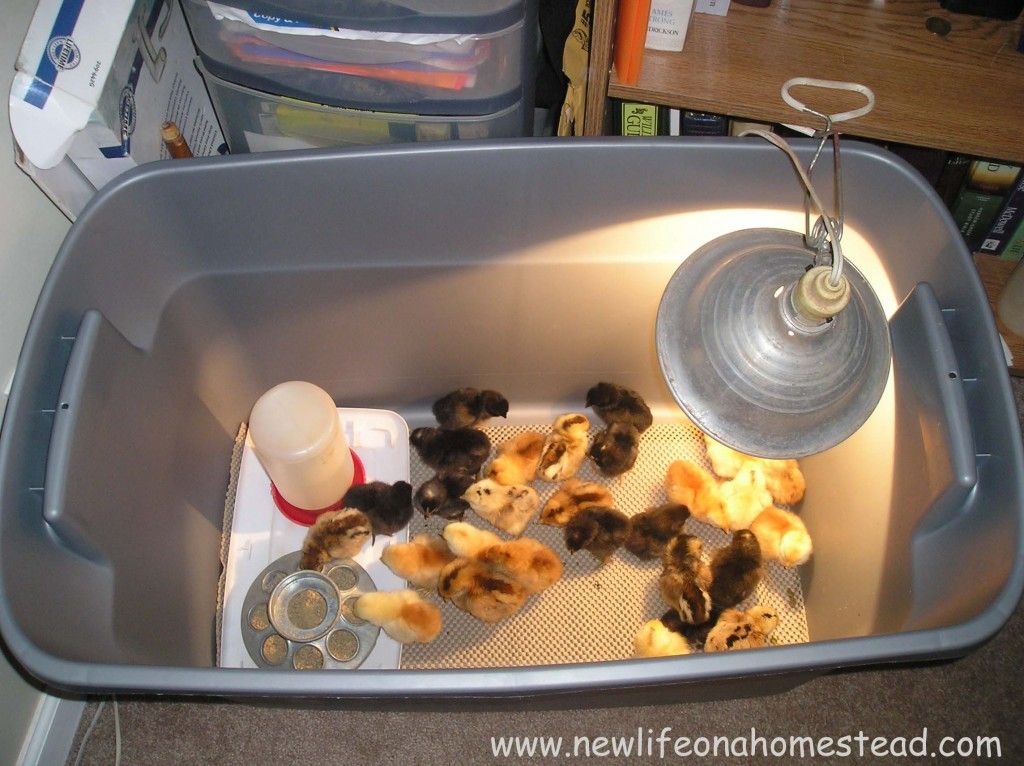 We would never recommend making homemade feed for baby chicks.
We would never recommend making homemade feed for baby chicks.
6. Baby chicks and water: hazard-reduction
After the first 24 hours, baby chicks need free access to fresh water at all times.
However, water can be dangerous for new chicks because:
- They can drown, even in very shallow dishes
- Chicks cannot regulate their body temperature and can die if they get wet and cold
- A damp brooder (e.g. spillage) helps spread disease and can cause respiratory illness
- Contaminated water (from faeces) spreads coccidiosis and other diseases
Protect your chicks by using a waterer with a drinking cup or nipple outlet. Drinking cups and nipples:
- Reduce spillage
- Prevent contamination with faeces
- Stop chicks from standing in the water
- Prevent drowning
Chicks can use a drinking cup or nipple outlet from day one. The Dine a Chook 2L Drinker is a great option for brooders due to the small size.
If you don't have room for a drinker in your brooder, ensure you place stones in the water dish so chicks cannot sit in it or drown. Remove the wet litter around the drinker often and monitor chicks carefully to ensure they do not fall into the water and become wet and cold.
7. Treats, scraps and grit – What not to feed baby chicks
The simple answer to the question of ‘What do baby chicks eat?’ is everything. Chicks eat grains, seeds, pulses, fruit and vegetable scraps and treats like bread and mealworms. Baby chicks even eat egg and meat. But just because chicks eat these things, doesn’t mean that they are good for them.
Baby chicks raised by a mother hen will start eating “treats” within a few days of hatching. However, this does not necessarily mean that we should do the same when raising chicks in a brooder.
If your chicks have a complete starter feed, anything that isn’t this feed is a treat. This includes scraps, forage and other grains.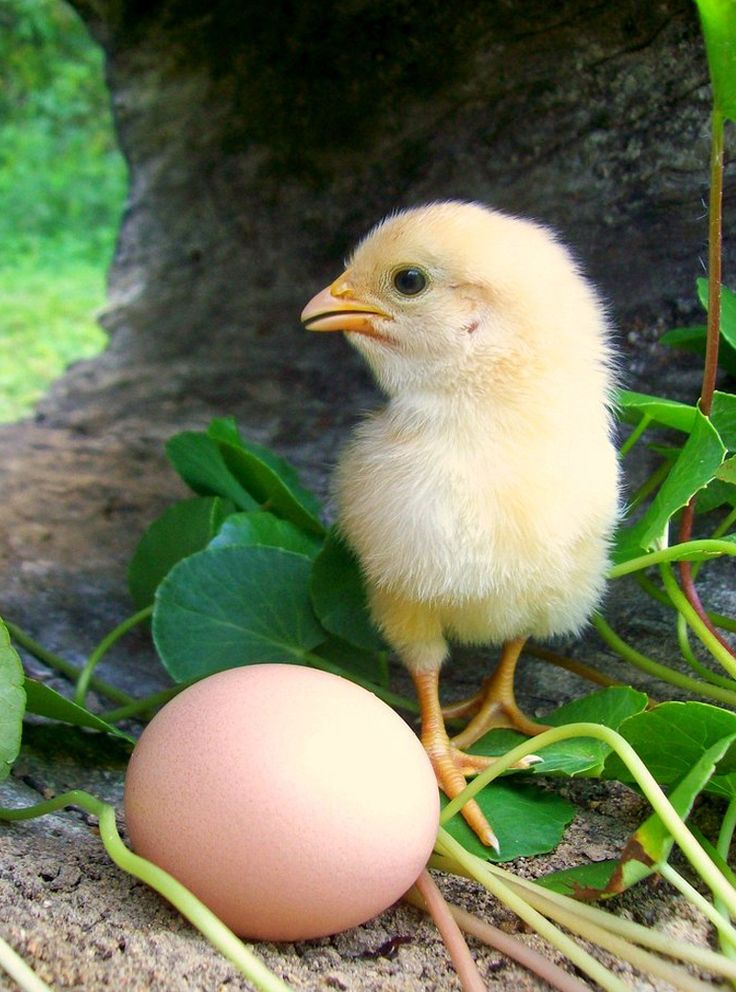
Why you shouldn’t give chicks treats for at least a month:
- While they are still learning to recognize their feed, giving chicks treats confuses them
- Young chicks don’t eat a lot, so even a seemingly tiny treat can have a big impact on nutrition
- Chicks need to consume as much nutritionally-balanced chick starter as possible in order to thrive
- Once chicks begin eating anything other than chick starter, they need grit. Oyster shell grit is dangerous for chicks and many common seashell grits are too large for very small chicks. New chicks may even fill up on grit instead of feed!
When your chicks are ready for a more varied diet, follow these simple rules for feeding treats to chicks:
- Ensure your chicks have access to a suitable source of grit
- Choose soft treats – fruit or cooked veggies are a great starting point
- Avoid unhealthy treats like processed carbohydrates, e.g. bread, and anything high in sugar or fat
- Do not feed more treats than can be eaten in a few minutes
- Pick up any uneaten treats straight away
8.
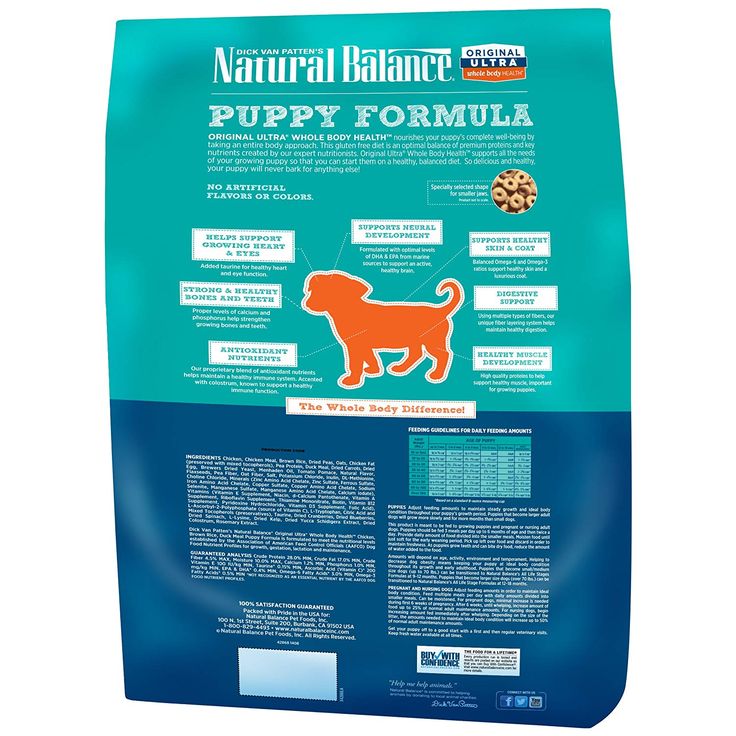 Preventing deficiencies
Preventing deficienciesChicks need a nutritionally-balanced diet and a complete range of vitamins and minerals to grow and thrive.
Although a quality chick starter provides a complete, balanced diet, adding a low-dose vitamin and mineral supplement provides extra insurance against deficiency.
Dine a Chook Mega Mineral is a bio-available vitamin and mineral supplement designed for daily use. Start your chicks off right with Mega Mineral to provide that little bit extra and prevent diet-related illnesses.
9. Deficiencies in chicks – symptoms and treatment
Nutritionally deficiencies can develop very quickly in baby chicks if their diet is not correct. Fortunately deficiencies are rare except where chicks are being fed a poorly-balanced, homemade diet. This is why we recommended feeding baby chicks a complete chick starter feed.
The most commonly recognizable deficiencies in chicks are vitamin E deficiency, also known as crazy chick disease, and vitamin B1 deficiency.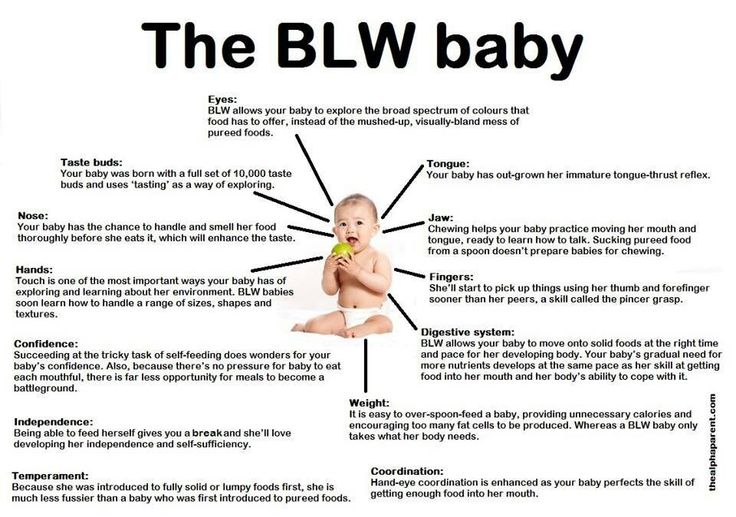 Both deficiencies can be fatal and are best treated with a vitamin and mineral supplement as soon as they are recognized.
Both deficiencies can be fatal and are best treated with a vitamin and mineral supplement as soon as they are recognized.
| Vitamin E deficiency (Crazy chick disease) | Vitamin B1 deficiency |
|
Usually within the first month of hatching
Chicks are unable to walk and their head may twist sideways, over their back or down Even when treated, chicks can be left with a permanent head tilt |
Usually within a week of hatching
Chicks are unable to stand and their head is tilted up to the sky Chicks usually recover rapidly with treatment |
10. Preventing disease in baby chicks
Babies of all species are more vulnerable to illness and disease, and baby chickens are no different.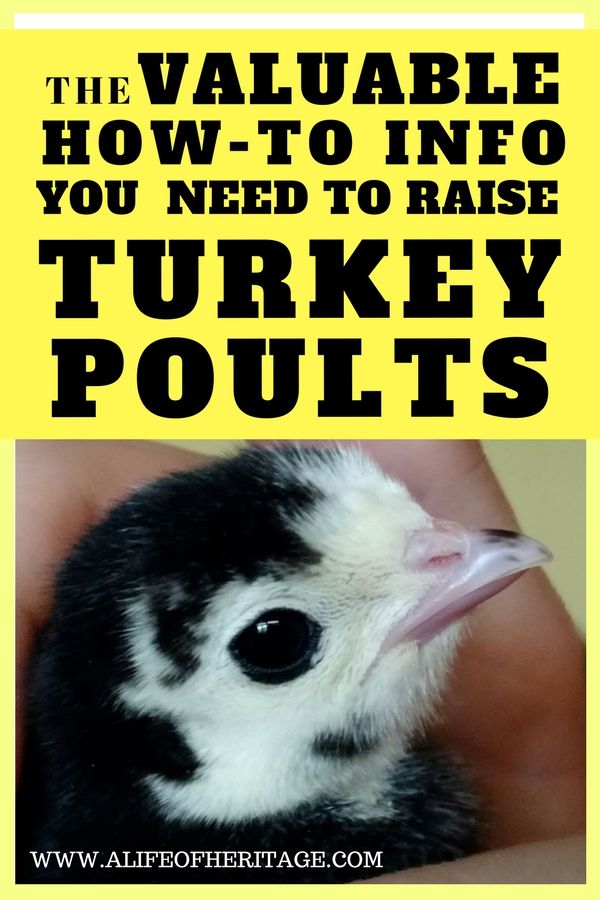
Keeping the brooder clean and dry, and preventing the contamination of feed and water with faeces, will help keep your chicks safe from disease.
Adding Apple Cider Vinegar to the water has been shown to help prevent the spread of diseases, including coccidiosis.
Chicks that are raised without a mother hen often have a less robust immune system and are more susceptible to parasites. Using an avian-specific probiotic in their water helps develop a healthy gut flora which protects from parasites, including coccidiosis.
Learn more about raising baby chicks on the Dine a Chook blog:
- Creating a brooder box for baby chickens
- Introducing new chicks to the flock
- How to treat spraddle leg
- The best names for chickens
Happy chick keeping!
Rachael at Dine a Chook Australia
Types of Food Baby Chicks Can & Cannot Eat
1 December
Chickens are great companions.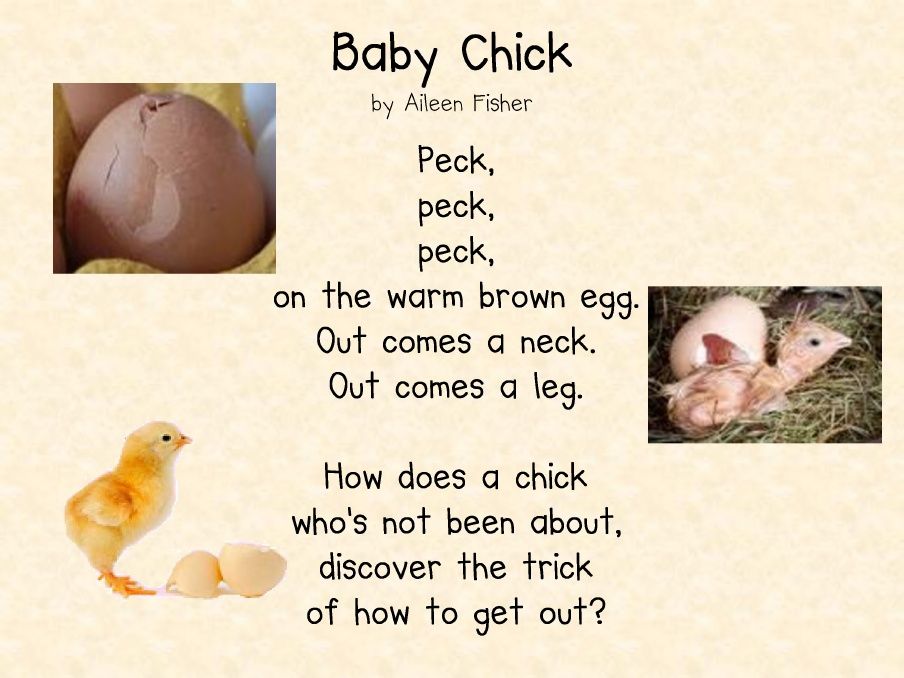 They provide fresh eggs, nutrients for your lawn and years of entertainment with their big personalities. Best of all, baby chicks are easy to feed, willing to finish almost any of your daily leftovers.
They provide fresh eggs, nutrients for your lawn and years of entertainment with their big personalities. Best of all, baby chicks are easy to feed, willing to finish almost any of your daily leftovers.
A baby chicks’ diet is extremely versatile, but there are some foods to rethink before throwing them into the coop. Here, we’ll outline the nutrient-dense foods baby chicks love and the leftovers to keep in your compost pile.
What Are the Essential Nutrients for Chickens?
Baby chicks require a more nutrient-dense diet than their adult counterparts. When feeding your baby chicks, ensure their feed has the following nutrients:
- Protein: After hatching, a chick’s diet should include approximately 18% to 20% protein. Protein builds chicks’ muscles, promoting strength and bone integrity during their crucial developmental stages. As baby chicks reach 19 weeks old, gradually taper their protein intake to about 16% of their diet.
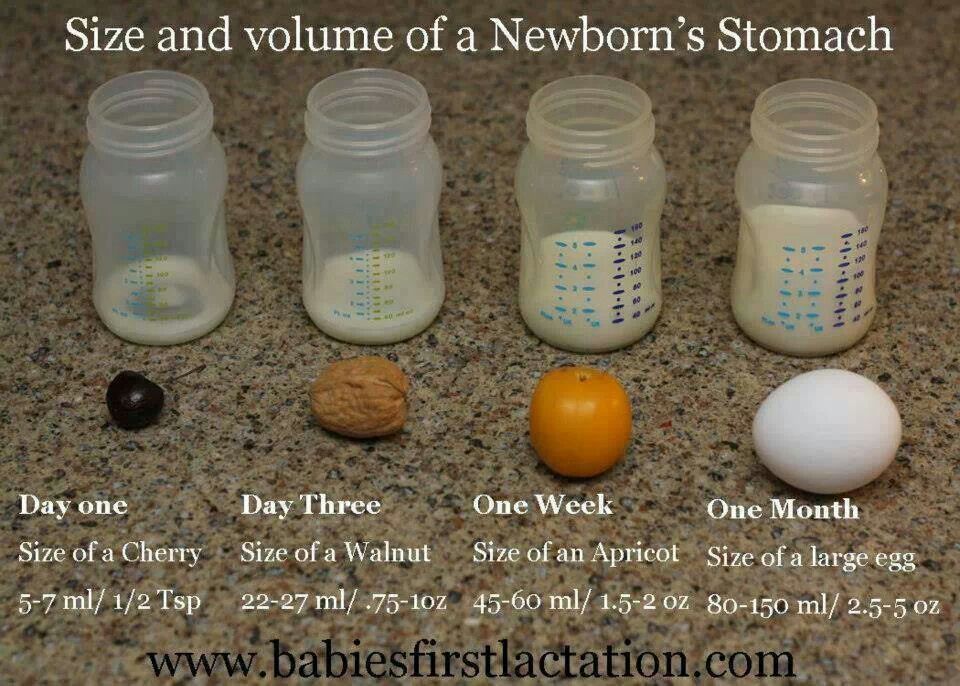
- Vitamins: All poultry require fat- and water-soluble vitamins. Specifically, they require all vitamins except vitamin C, including vitamin A, D, E and K, niacin, folic acid, biotin, thiamine and riboflavin.
- Minerals: Minerals are equally important. Baby chicks require a diet with calcium, phosphorus, magnesium, iron and copper, among others.
- Grains: Most chicken feeds incorporate healthy grains, like corn, wheat and soybean meal. These grains act as sources of vitamins, oil and protein, which all poultry require for energy.
- Fats: Most of a chicken’s fat content comes from oils that contain linoleic acid, an important fatty acid. Fatty acids break down vitamins and minerals, allowing chickens to receive all of their benefits.
Baby chicks’ feed should provide at least 90% of their nutrition, with the remaining 10% from their pasture.
On top of their feed, poultry require a constant source of water. Chickens drink almost three times their weight in water. A good water-to-chicken ratio is one quart per four chickens.
A good water-to-chicken ratio is one quart per four chickens.
What Can Baby Chickens Eat?
Do you plan on feeding your baby chicks a homemade diet? Consider incorporating these nutrient-rich foods:
1. Worms
Chickens love worms! Worms naturally exist in a chicken’s environment, so it’s in their biological makeup to enjoy worms. Specifically, baby chicks can eat mealworms and red worms. Both are great sources of protein, but avoid feeding your baby chickens too many worms, or it may overwhelm their system.
2. Crickets
As with worms, baby chicks can eat crickets, and they often do in their natural environment. Crickets are high in protein, fat and carbs, making them an ideal snack, in moderation, for baby chicks.
3. Tomatoes
Baby chicks can eat tomatoes, but they can’t eat the plant, leaves or flowers as they contain poisonous solanine. Tomatoes themselves are full of essential vitamin K, folic acid, fiber, potassium and antioxidants. If you have a garden, toss any malformed tomatoes into your coop. Your chickens will be thankful!
If you have a garden, toss any malformed tomatoes into your coop. Your chickens will be thankful!
4. Oatmeal
Oats are considered a superfood, full of vitamins, minerals and some protein. Baby chicks can eat both raw oats and warm oatmeal every now and then. Adding birdseed and plain yogurt boosts oatmeal’s nutrients, too!
5. Strawberries
Baby chicks can eat fruit, and they especially love strawberries. Strawberries contain many vitamins and minerals, namely iron, copper, magnesium, Vitamin B and potassium. Also, strawberries are packed with other anti-inflammatory antioxidants that keep your baby chicks healthy.
6. Bananas
If you have any brown, spotty bananas, your baby chicks will gladly eat them for you! Baby chicks can eat bananas, but avoid feeding them any unripe bananas. Bananas are high in Vitamin B6 and pyridoxine and a good source of magnesium, copper and healthy carbs.
7. Apples
Baby chicks can eat apples, but you should chop them up and remove any seeds for easier consumption and digestion.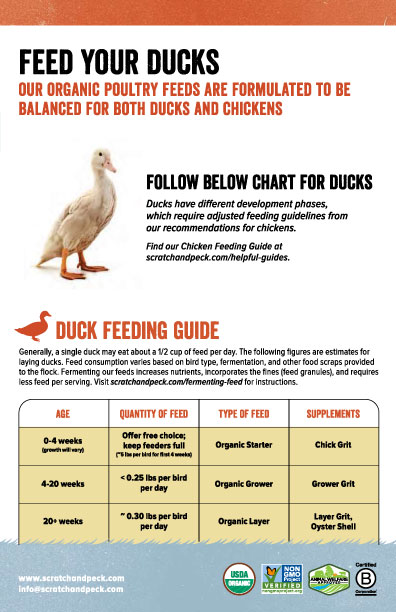 Apple sauce is another good apple alternative for chick food. Apples are a good source of carbs and contain fiber, potassium and Vitamin K, too.
Apple sauce is another good apple alternative for chick food. Apples are a good source of carbs and contain fiber, potassium and Vitamin K, too.
8. Lettuce
When it comes to vegetables, baby chicks can eat lettuce, as well as kale, turnip greens and chard. Romaine lettuce is high in phosphorous, magnesium, potassium, vitamin K and folate, supplying your baby chick with almost all of the necessary minerals. Avoid iceberg lettuce, however, as it’s low in nutritional value and may cause diarrhea in your baby chickens.
9. Watermelons
Baby chicks can eat watermelons, but they should never consume watermelon rinds or seeds. Baby chicks may benefit from watermelon on hot summer days as an added source of hydration. Otherwise, it doesn’t offer many nutrients as chick food.
10. Grass
Adult hens typically peck through grass for insects and eat any smaller pieces of grass. Usually, day or week-old chicks won’t show much interest in eating grass. Some owners give their chicks the option, however, because it encourages foraging.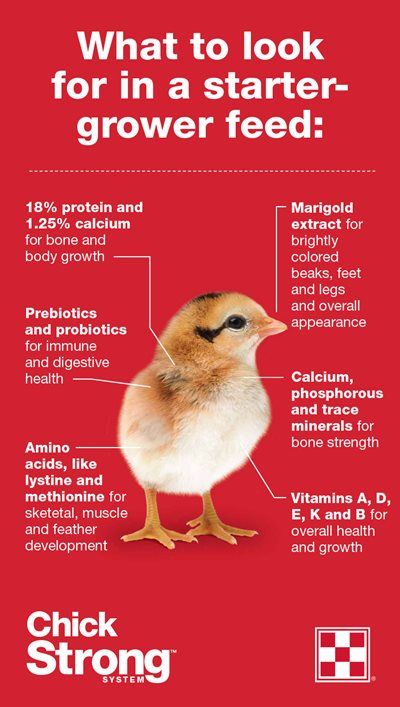
What Can’t Baby Chickens Eat?
Some of your groceries, however, are best left for your compost pile. Foods that baby chickens cannot eat include:
- Onions
- Chocolate
- Avocados
- Eggplant
- Peanuts
- Moldy Bread
- Rhubarb
- Pickles
All of these foods contain different toxins that make baby chicks, and all other poultry, feel sick — or even cause death in extreme cases. Most chickens instinctively avoid these toxic foods. If your baby chicks do consume these toxins and you notice illness symptoms, give them plenty of access to electrolytes and extra nutrients. Chickens heal themselves over time in less severe cases.
What Is the Best Food for Baby Chicks?
The best food you can give your baby chicks is organic chicken starter feed. The foods listed above are healthy for chicks — and you’re encouraged to recycle any leftovers — but they may receive too many or too little nutrients.
Organic chicken starter feed is packed with essential nutrients like:
- Organic carbs, including corn, soybean meal and wheat
- Organic soybean oil
- Calcium carbonate
- Zinc sulfate
- Copper sulfate
- Calcium iodate
- Vitamin D3
- Vitamin E
- Vitamin A
- Vitamin B12
- Riboflavin
- Folic acid
Opting for organic chicken starter feed over non-organic alternatives ensures your baby chicks receive non-medicated and non-GMO nutrients.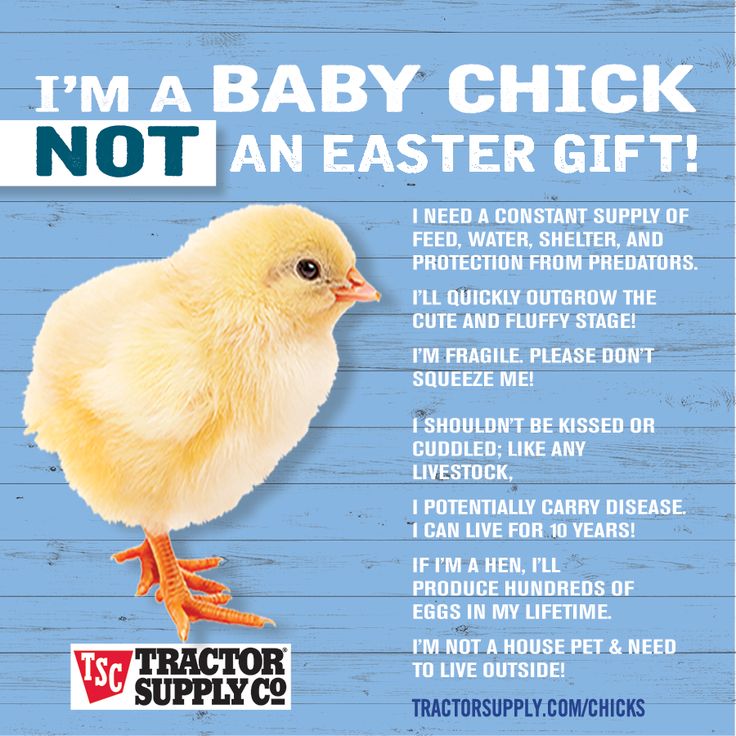 Natural feeds contain little to no cheap filler products, giving you more nutrients for your money and your chickens a healthier lifestyle.
Natural feeds contain little to no cheap filler products, giving you more nutrients for your money and your chickens a healthier lifestyle.
How Much Should You Feed Baby Chicks?
Baby chickens are good at eating what they need. Ensure your chicks have a constant supply of organic chicken starter feed and refill their supply as needed.
Because baby chicks and adult chickens require different amounts of nutrients, it’s best to separate them until the chicks are at least 2 months old. Plus, older chickens tend to be aggressive with smaller chicks, sometimes bullying them away from food. Keep an eye on every chick and make sure they’re all getting an equal share of chick food.
Shop Organic Chicken Starter Feed at Nature’s Best Organic Feeds
Kreamer Feed believed in organic food well before the grocery chains. Since 1998, we have been the leading certified organic feed manufacturer — best known for our brand, Nature’s Best Organic Feeds.
If you’re looking for the best feed for your baby chicks, choose our high-protein organic chick starter. Our chicken feed is packed with essential nutrients, perfect for your growing backyard animals and baby chicks.
Our chicken feed is packed with essential nutrients, perfect for your growing backyard animals and baby chicks.
Learn more about our organic chicken starter feed online. You can find our products at your nearest Tractor Supply Co., which you can locate directly on our product page!
Articles - Southern Crown
No page found with this URL
404
Please check the URL and try again.
You can return to the main page of the site.
Or see the sitemap.
- Compound feed
- Compound feed for birds
- For broiler chickens
- For quail
- For laying hens
- For ducks
- for turkeys
- Compound feed for pigs
- For piglets
- For fattening pigs
- Compound feed for herbivores
- For rabbits
- For chinchillas
- Compound feed for cattle/MRS
- For calves/milk cows
- For goats/sheep
- Other feed
- Feed mix
- Raw material
- Compound feed for birds
- Premixes
- Premixes for birds
- For laying hens
- For breeding layers
- Premixes for pigs
- Premixes for herbivores
- Premixes for cattle
- Premixes for birds
- BVMK How to buy About the factory
- Points of sale Become a dealer
The benefits of our feeds
-
Precise balance of elements necessary for animal growth
-
Less consumption of feed - ingredients are absorbed more intensively
-
Delicious food - stimulates the active appearance of appetite
-
Increased immunity - animal deaths are reduced to a minimum
-
Only natural, pure and healthy raw materials
-
Animal weight gain is on average 5-15% higher than normal
Authorization
E-mail:
Wrong e-mail
Mandatory
Password
Wrong password
Mandatory
Authorization
You have successfully authorized on the site
Registration on the site
Email mail (login)
The E-mail
is incorrectly filled with the field filling out
Password
Password too simple
Field filling out
Repeat the password
Passwords,
Filling
FULL NAME
Filling up
Filling out filling out Fields are required
Phone
Incorrectly filled Phone
Field is required
By registering, I agree to the rules for the sale of goods and the user agreement
Security code
Password recovery
TODO: Feedback form
in footer.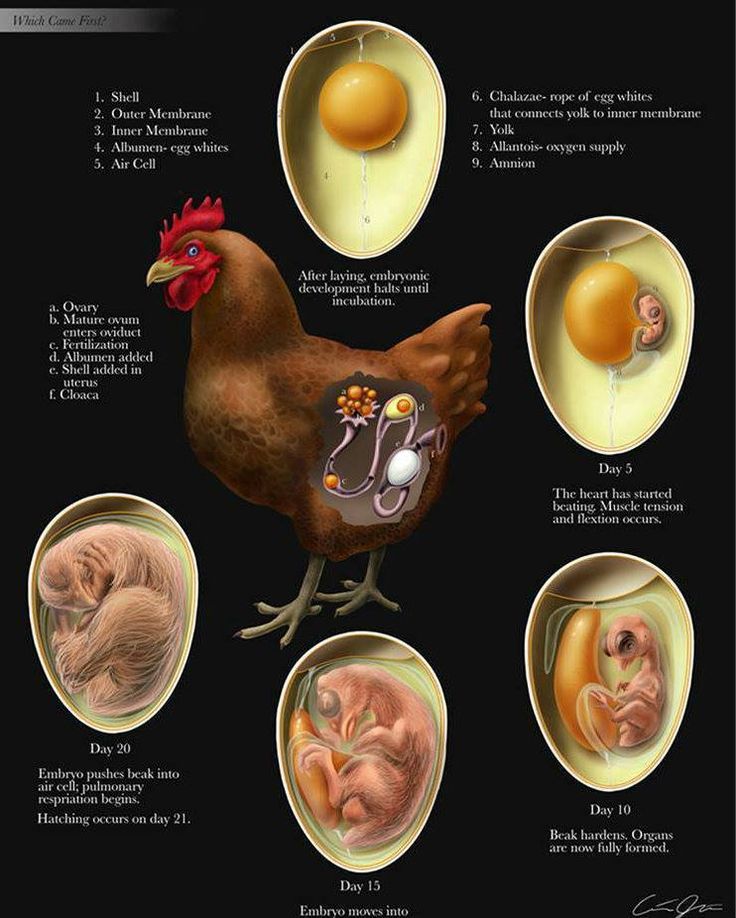 php in layout__modal modals
php in layout__modal modals
Product added successfully
To order, contact the manager at the specified number
8 (800) 250-73-90
Call
Or leave your phone number
Our employee will call you and answer all your questions in detail
Thank you!
Thank you, your application has been accepted
Our employee will call you and answer all your questions in detail
Articles - Southern Crown
No page found with this URL
404
Please check the URL and try again.
You can return to the main page of the site.
Or see the sitemap.
- Compound feed
- Compound feed for birds
- For broiler chickens
- For quail
- For laying hens
- For ducks
- for turkeys
- Compound feed for pigs
- For piglets
- For fattening pigs
- Compound feed for herbivores
- For rabbits
- For chinchillas
- Compound feed for cattle/MRS
- For calves/milk cows
- For goats/sheep
- Other feed
- Feed mix
- Raw material
- Compound feed for birds
- Premixes
- Premixes for birds
- For laying hens
- For breeding layers
- Premixes for pigs
- Premixes for herbivores
- Premixes for cattle
- Premixes for birds
- BVMK How to buy About the factory
- Points of sale Become a dealer
Benefits of our feeds
-
Precise balance of elements necessary for animal growth
-
Less consumption of feed - ingredients are absorbed more intensively
-
Delicious food - stimulates the active appearance of appetite
-
Increased immunity - animal deaths are reduced to a minimum
-
Only natural, pure and healthy raw materials
-
Animal weight gain is on average 5-15% higher than normal
Authorization
E-mail:
Wrong e-mail
Mandatory
Password
Wrong password
Mandatory
Authorization
You have successfully authorized on the site
Registration on the site
Email Mail (Login)
Filled E-mail
Filling a field is mandatory
Password
Password too simple
Filling a field, be sure to
Passwords,
Filling the field is necessarily
Filled incorrectly filled with incorrectly filled name
This field is required
Phone
Invalid phone number
Field is required
By registering, I agree to the rules for the sale of goods and the user agreement
Security code
Password recovery
TODO: Feedback form
in footer.